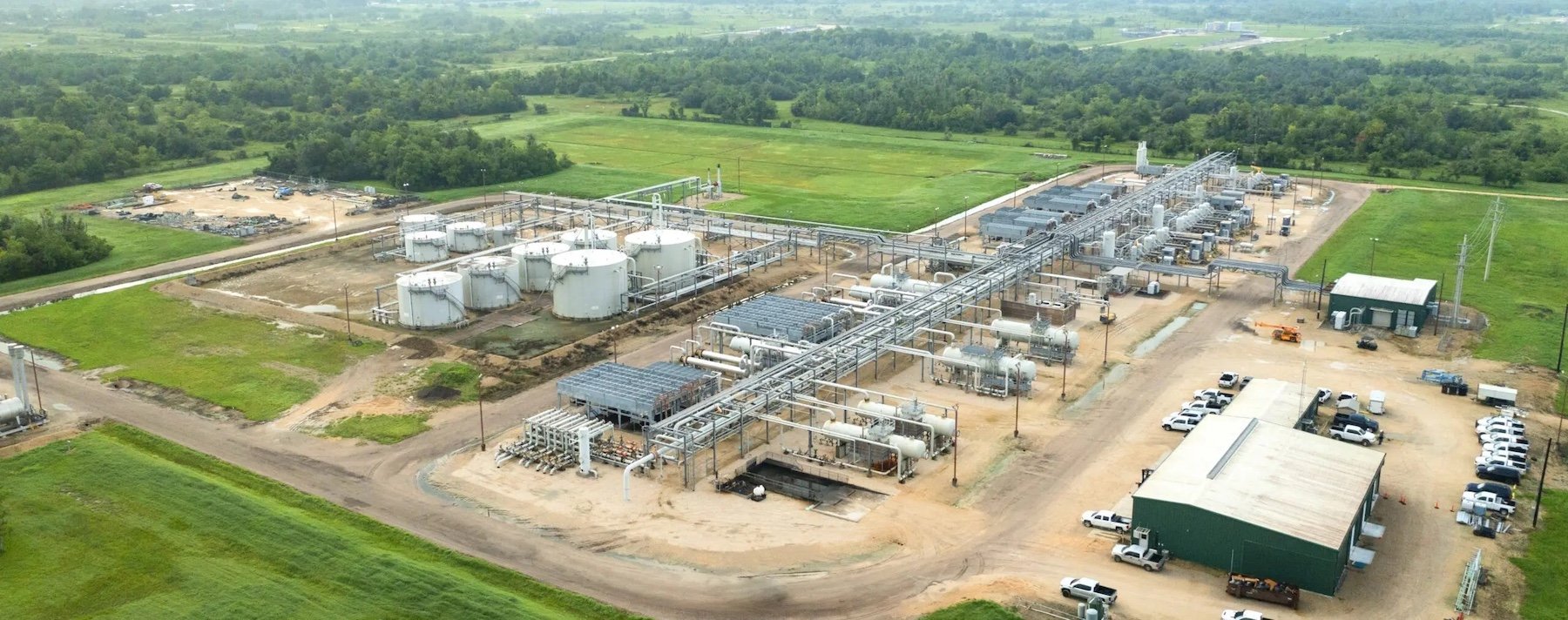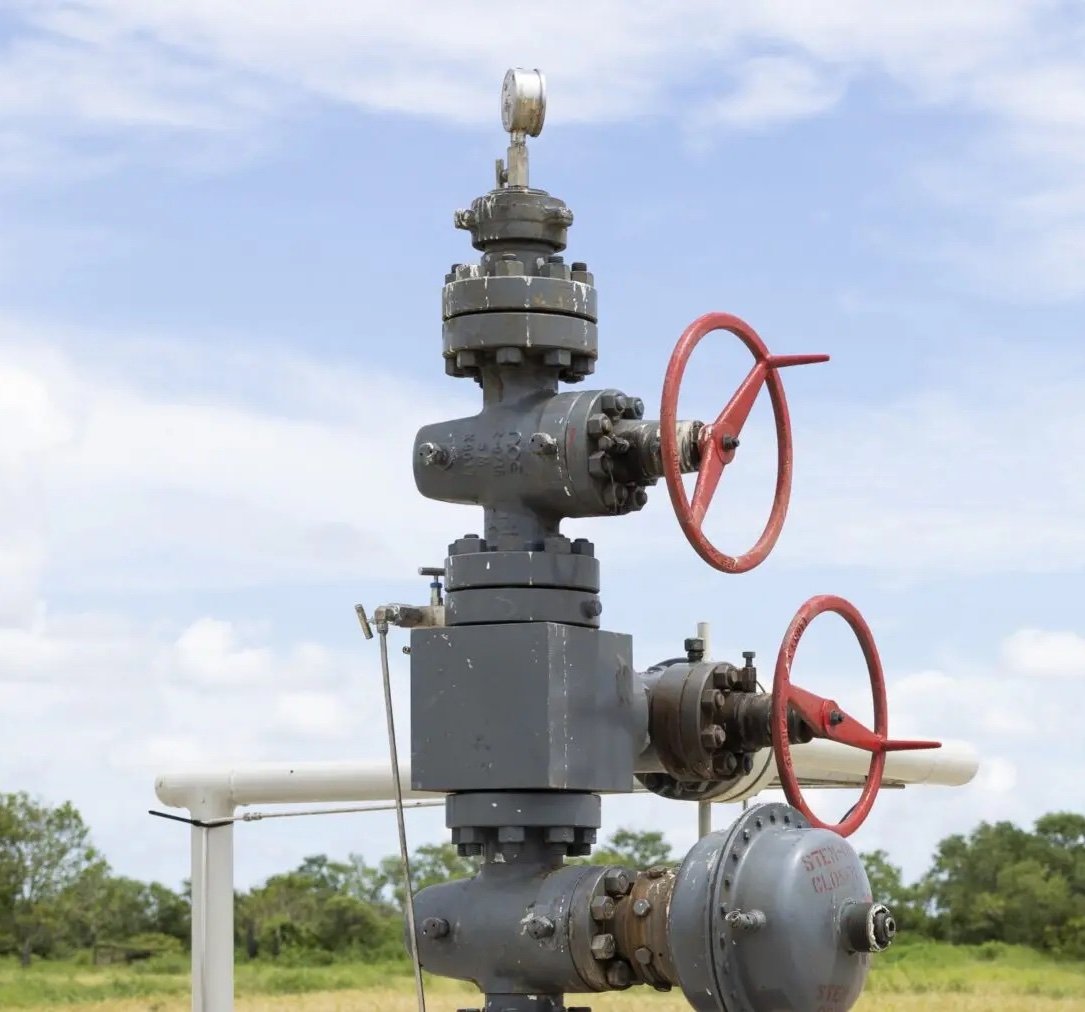
“This innovative and highly scalable utilization of industrial-sourced CO2 will be an important element in the spectrum of solutions that Denbury can offer to industrial CO2 emitters. Infinium's ultra-low carbon intensity electrofuels produced using industrial-sourced CO2 will provide a powerful tool to reduce the carbon intensity of transportation in our country and the world.”
— Chris Kendall, President and Chief Executive Officer, Denbury
THE OPPORTUNITY
Denbury is an independent energy company with operations and assets focused on carbon capture, use and storage (CCUS) and enhanced oil recovery (EOR) in the Gulf Coast and Rocky Mountain regions of the United States.
For over two decades, Denbury has maintained a unique strategic focus on utilizing CO2 in its EOR operations. Since 2013, it has been active in CCUS through the injection of captured industrial-sourced CO2. Denbury currently injects over four million tons of captured industrial-sourced CO2 annually, and its objective is to fully offset its Scope 1, 2, and 3 CO2 emissions within this decade, primarily through increasing the amount of captured industrial-sourced CO2 used in its operations.
Denbury and Infinium began envisioning ways to partner as companies aligned in their strategy to develop world-leading carbon solutions.
THE SOLUTION
Infinium and Denbury formed a strategic alliance to collaborate on developing ultra-low carbon fuels projects in the Gulf Coast of Texas. Infinium electrofuels facilities being developed in Brazoria County will convert renewable power into green hydrogen and combine it with industrial-sourced carbon dioxide (CO2) to produce ultra-low carbon fuels using Infinium proprietary technology. Under the strategic alliance, Denbury will source and transport CO2 to the Infinium facilities, which would be sited near Denbury's existing and planned CO2 pipeline infrastructure.
THE RESULTS
Denbury is planning pipeline infrastructure expansions to support additional carbon capture, utilization, and storage opportunities which are expected to be ready as early as 2025. Infinium facilities are anticipated to utilize 1.5 million tons of CO2 per year that would otherwise be emitted into the atmosphere.



